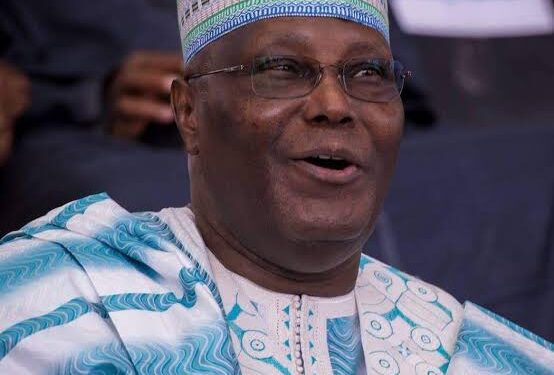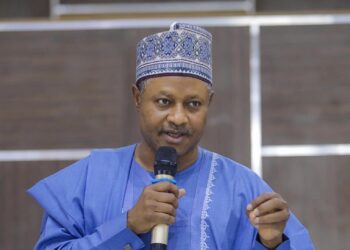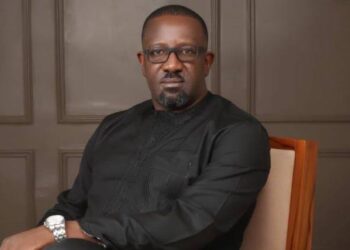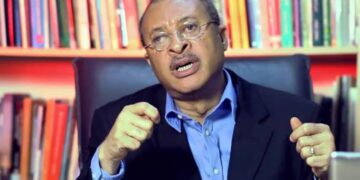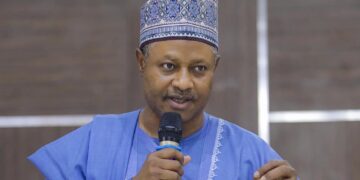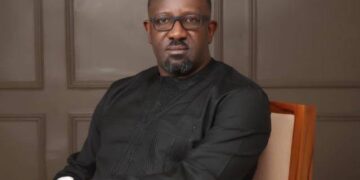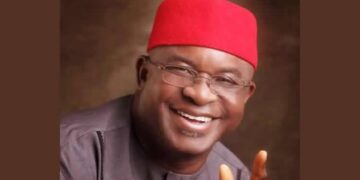Former Vice President Atiku Abubakar has officially resigned from the Peoples Democratic Party (PDP), ending a decades-long affiliation.
Atiku Abubakar resigns from PDP, citing irreconcilable ideological differences and a shift away from the party’s founding principles.
In a resignation letter dated July 14 and addressed to his ward chairman in Adamawa State, Atiku confirmed his exit.
He expressed gratitude for the opportunities the PDP gave him, including two presidential tickets and a vice-presidency tenure.
Atiku said, “It’s heartbreaking, but the PDP no longer reflects the core values we championed at its foundation.”
The letter emphasized that the party’s current direction clashes with his vision of progress and democratic consolidation in Nigeria.
Atiku Abubakar resigns from PDP, describing the move as necessary to align with a broader coalition for national change.
He joins forces with other opposition figures under the African Democratic Congress (ADC) for the upcoming 2027 general elections.
The ADC coalition includes Labour Party’s Peter Obi, Rotimi Amaechi, Nasir El-Rufai, and several ex-lawmakers and ministers.
Others in the bloc are Dino Melaye, Solomon Dalong, Dele Momodu, Gabriel Suswam, Ireti Kingibe, and Emeka Ihedioha.
Also enlisted are Sadique Abubakar, former Chief of Air Staff, and former Sokoto State Governor, Aminu Tambuwal.
The opposition coalition under ADC aims to present a unified front to challenge the ruling party in 2027.
This move is seen as a major shake-up that could redefine Nigeria’s political landscape ahead of the next election.
Atiku’s departure from PDP marks the end of an era, but it signals a new beginning for opposition realignment.
Atiku Abubakar resigns from PDP but remains vocal in politics, now seeking change through a broader, rebranded platform.


